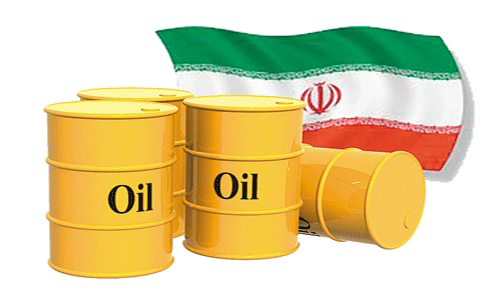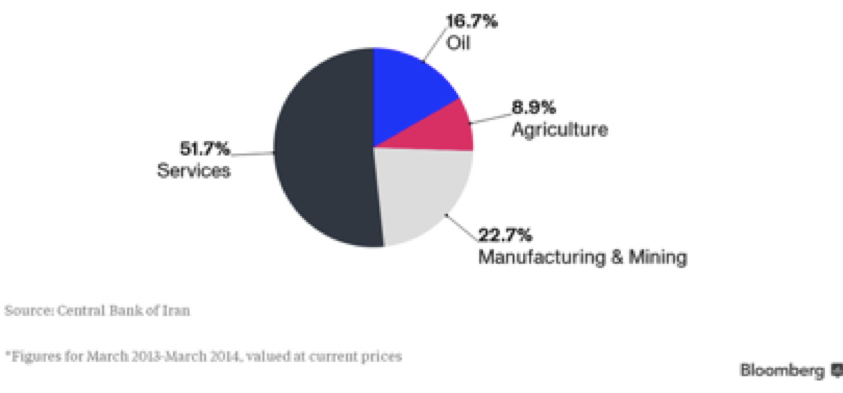The status of the Iranian economy
Shanghai ,23-12-2015

The status of the Iranian economy
After the end of the economic sanctions, Iran is currently planning on attracting more and more foreign investors who see in the country, led by Rouhani and Khamenei, an opportunity full of potential if yet with some ambiguities.
The political and economic isolation of the recent years has created a fertile environment for business in Iran due to the fact that both the government and the population feel there is a very clear need for a strong development push and a fresh change in the economic and industrial structure of the Iranian nation.
To better understand the reasons behind this situation, it best to look at some data.
Firstly, the Iranian economy, valued at 415 billion dollars, is the second economy of the MENA area, behind just Saudi Arabia. According to IMF information provided in the World Economic Outlook on April 2015, Iran is also the 18th world economy, outranking, in fact, Australia.
Moreover, Iran is also home to the world biggest Islamic bank, whose overall asset value is 412 billion dollars, equal to Saudi Arabia, EAU and Malaysia’s assets combined.
In 2015 the Iranian GDP was growing at 2%, and for the future the Iranian Central Bank forecasts that the value will rise over 6% in 2016 and 2017, while other experts estimate a growth rate closer to 4%. In addition, the IMF has estimated that at the end of 2015 the inflation rate will be around 20% while public debt will be at 11% of the GDP value.
The Iranian economy is not only based on oil and natural gas reserves, of which Iran currently holds respectively the 4th and 2nd global reserve. It has, on a closer look, a much more complex structure, as described by the below pie chart.

Fig.1
To give a better context to the graph above it suffices to think that before the economic sanctions, Iran was the world 13th automotive manufacturer, producing up to to 1.65 billion cars per year, a value higher than the equivalent automotive output of England the same year.
Furthermore, Iran human capital is also quite impressive. On a population of 80 million people (like Germany and Turkey), 73% of Iranians lives in urban areas and a staggering 64% of the total population is under the age of 35.
The education level of urban residents is quite high, with a percentage of 87% of alphabetization, value that climbs to 98% in the population between 15 and 24. Even more impressive is the percentage of university graduates, which is 13,3%, while the students enrolled in scientific fields (science, technology, engineering and mathematic) is 44% of the total university students. Iran is also the fifth world country for number of engineers graduated per year, behind China, India, Russia and USA.
The unemployment rate at 12%, with its highest percentage amongst the young population, is creating a strong flow of young people who emigrate abroad in search of better work and life opportunities.
Invest in Iran
President Rouhani launched a new economic reform to give a fresh start to the Iranian economy in order to attract more foreign investors able to provide technology innovation and improvements to the industrial process. The preferred cooperation method is to create Joint Ventures with local partners.
Unfortunately, the government owning significant shares in most Iranian private companies could represent an obstacle or cause for concerns during business transactions with foreign parties.
Corruption is also a big problem as it is quite widespread in the country and many business deals and relationships take place in a legal grey area.
Furthermore, only within the last legislative changes Iran has decreed that both foreign and local companies should benefit from equal treatment before the law.
But the low costs of energy, raw materials and labor, more skilled and sometimes cheaper than China, are definitely factors that keep attracting foreign investments.
As further incentive, after the events of the last decade, Iran is a country that truly needs solid infrastructure and foreign investments to fully achieve its status of developed country.
Fabrizio Gentile
Project Manager